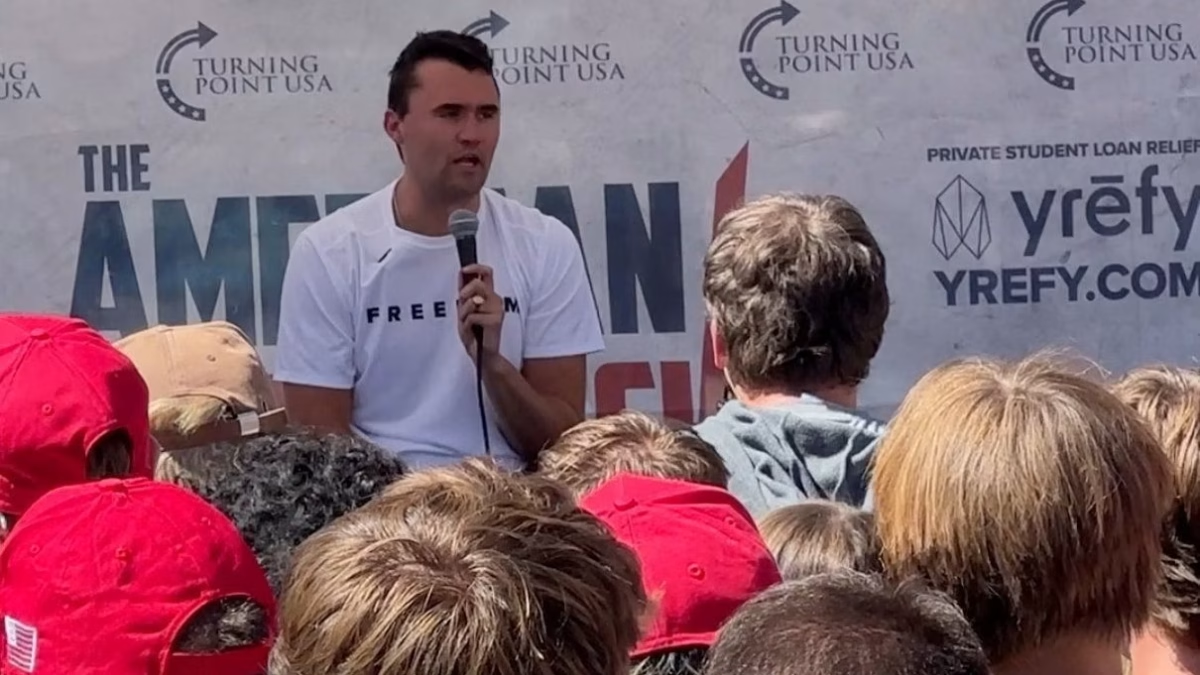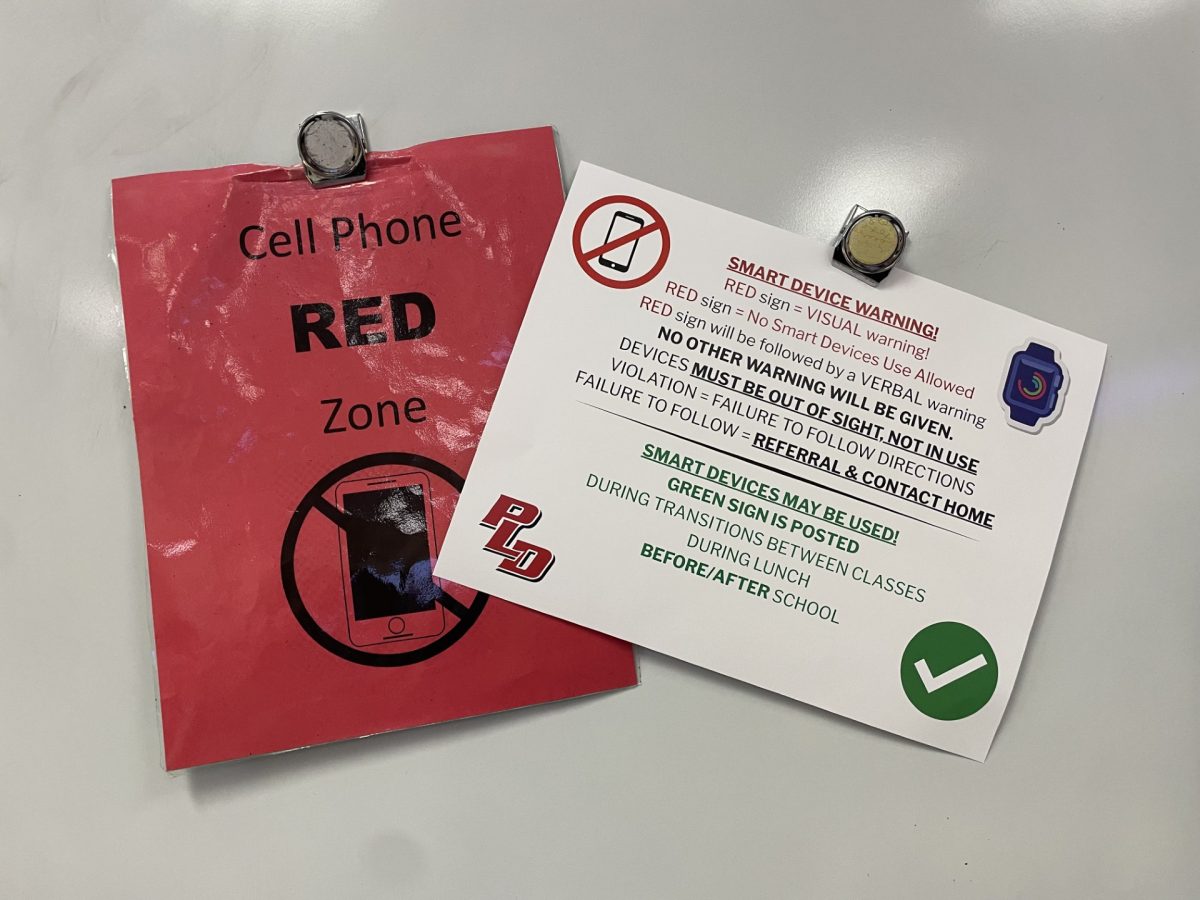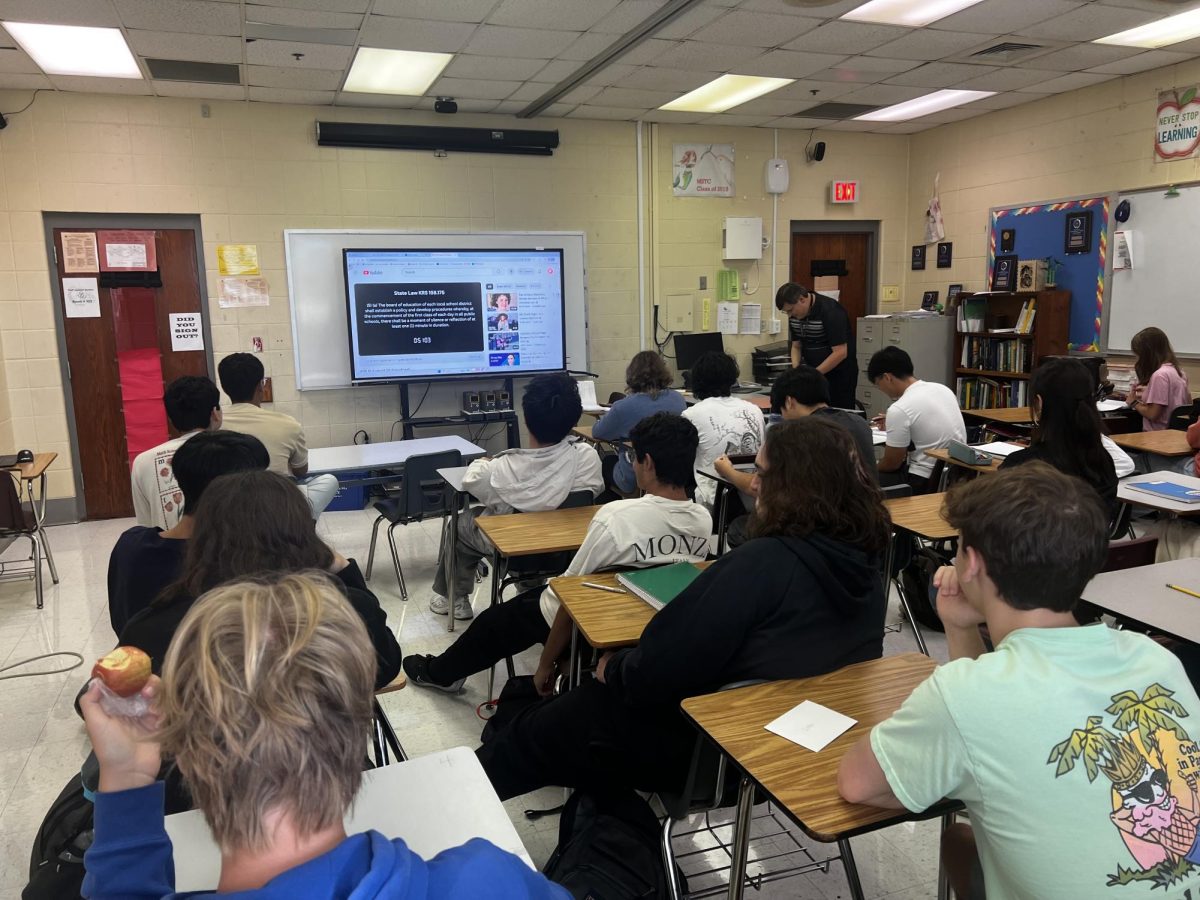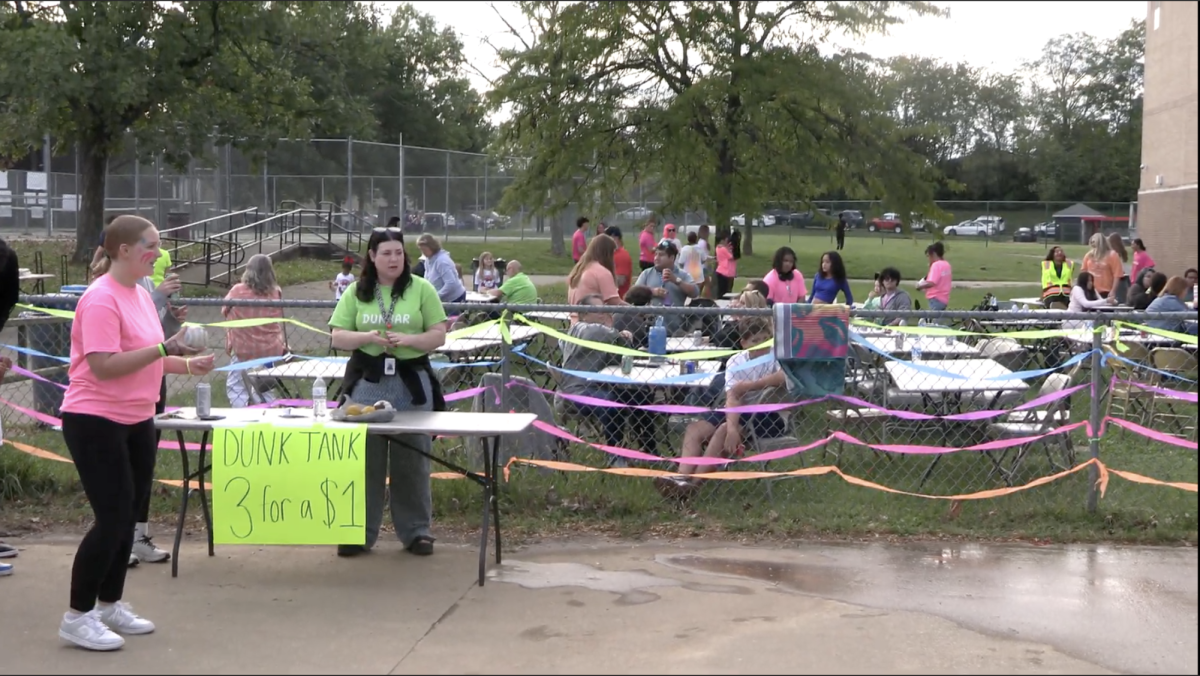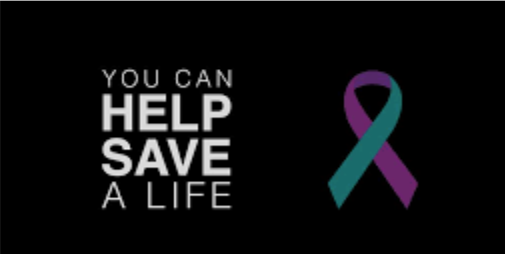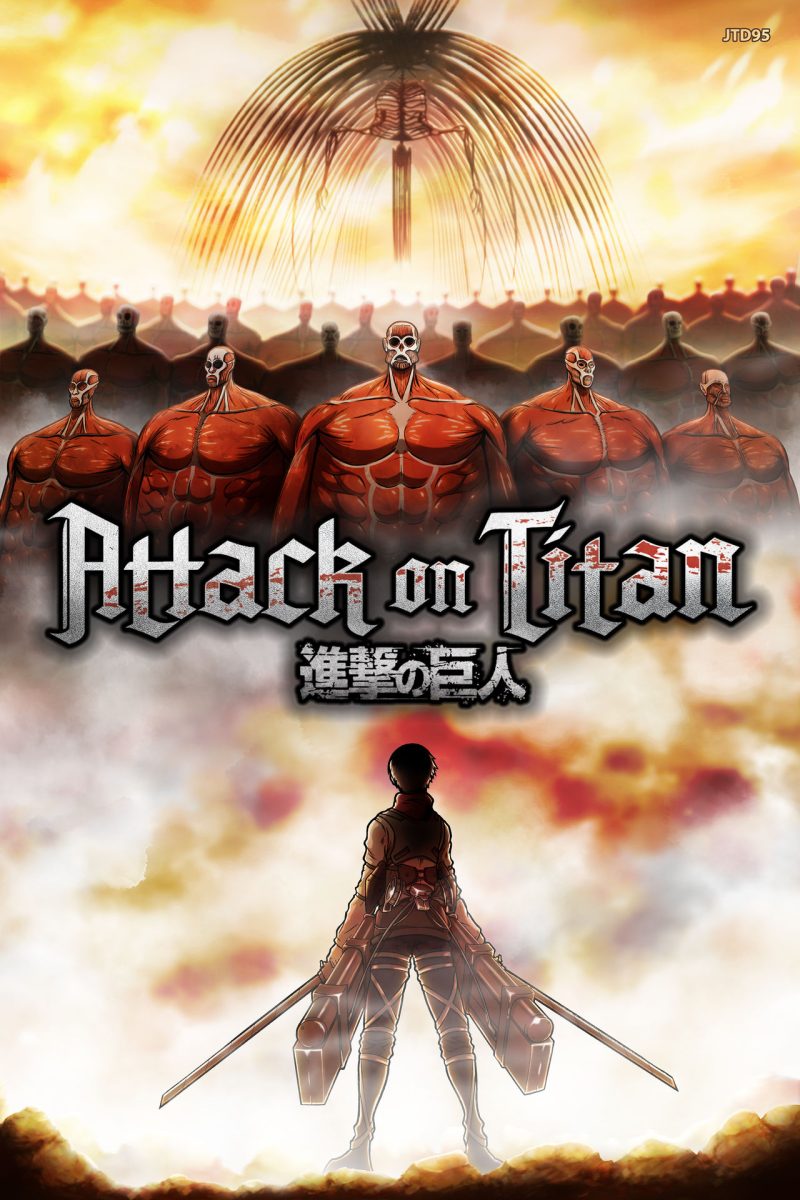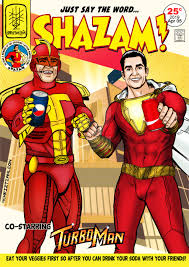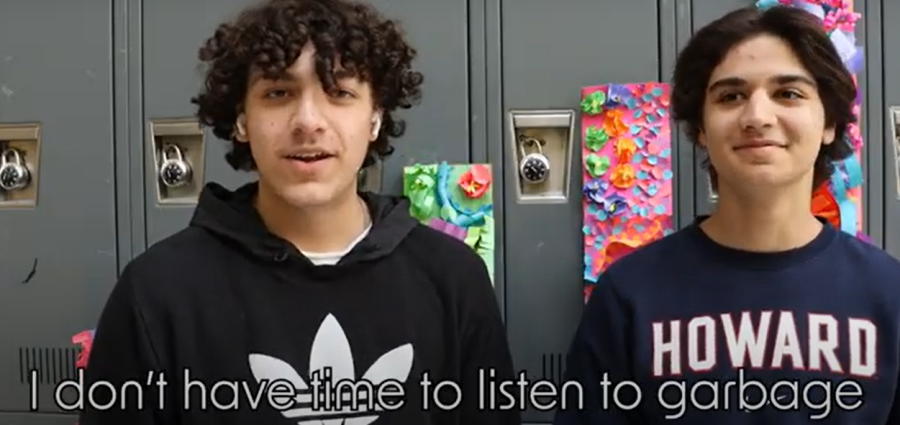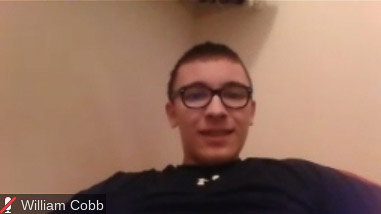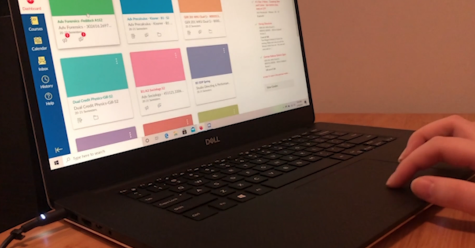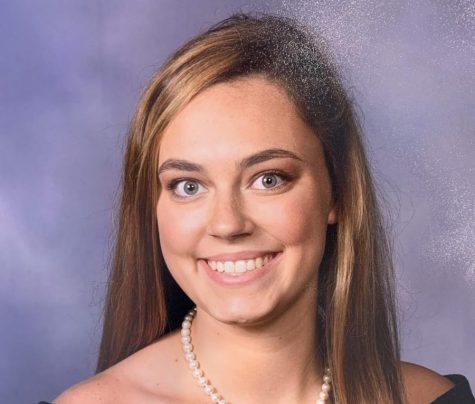Chinese Government Bans Peppa Pig and Pooh
Ever since Chinese President Xi Jinping began his second term in office, his strict restrictions regarding content posted online have only made citizens frustrated. The latest ban the government enforced was on Peppa Pig, which originally aired in China in 2015.
China has banned several other things from appearing online as well. In July of 2017, Winnie the Pooh was banned for being compared to the president. Several images online compare the lives of characters in the adorable kids’ show with that of Xi Jinping.
Other images include Xi Jinping walking with Obama, portrayed as Winnie and Tiger. People who post similar images or mention them have had their Chinese social media accounts banned and their posts deleted.
“The smile is the same, and they are both shaking hands, but I don’t think people should be comparing them together,“ sophomore Taylor Albrecht said.
“But the government shouldn’t have had to ban Winnie the Pooh either.”
As of May 2018, Peppa Pig was removed from Douyin, a video platform, due to promoting “gangster culture” according to the Independent. Peppa Pig has also become a popular design for tattoos in China.
Peppa Pig earned a revenue of over 14 billion dollars in 2014, according to the Guardian. The show has captured the attention of viewers all over the globe, adults as well as their children. However, China does not seem to be the only country that believes that Peppa Pig can promote bad behavior.
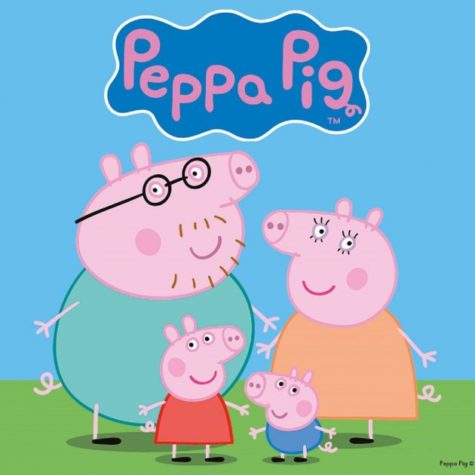
A still image of the Peppa Pig intro, showing Peppa and her family.
“If you look past the cute theme tune, the humor, and the belly-laugh ending, there’s little denying that Peppa Pig has terribly behaved,” says Educate Inspire Change, an English platform focusing on education.
“Then there’s the way she bullies Daddy Pig, bossing him about relentlessly and making him feel fat and useless. Then there’s Daddy Pig, who’s fat and useless, and George, who’s quite sweet, but if he carries on hanging out with Peppa, will soon grow out of it.”
In addition to bans on certain television series, China has also prohibited the public appearance of artists who have tattoos and any hip-hop-related media. This was followed by the removal of famous Chinese rapper, GAI, who was competing on the famous Chinese show, Singer.
According to TIME, GAI’s clips from previously released episodes were also erased from the official Youtube Channel.
According to Billboard, China’s state media regulator stated, “It suggested stations should not provide platforms for people ‘whose heart and morality are not aligned with the party and whose morality is not noble.'”
These reactions have received controversial opinions. Some are afraid that the government will ban their social media account, while others believe self-expression should come first.
“Hip-hop culture’s just another way of expressing creativity. Some of the artists and music created by them may not always be the best influence, but it’s not the right of the government to choose that for people,” freshman Nancy Zhang said.
Some wonder if the new popular TV show The Rap of China caused this shift in Chinese perception of the industry, as the two winners of the show, GAI, and PG-One, have been fairly prominent in other TV shows and several social media platforms since their win in September 2017.
These measures by the Chinese government seem all the more foreign in America, where freedom of speech is required by the Constitution.
“The government shouldn’t be allowed to discourage certain things from being shown on the internet unless it’s truly a violation of a law,” freshman Alan Liao said.
“While these may have bad influences on society, it doesn’t mean the government should completely ban it.”
Despite the conflicting opinions on whether China’s government should be cartoons and other media, the government has not released its tight leash on what can and cannot be discussed on the internet.
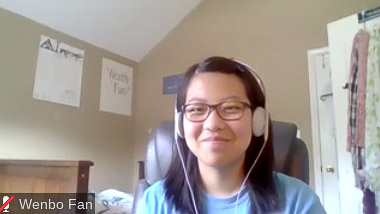
My name is Wenbo Fan and this is my fourth year on Lamplighter. Since starting Lamplighter freshman year, I’ve learned that journalism can change the...

